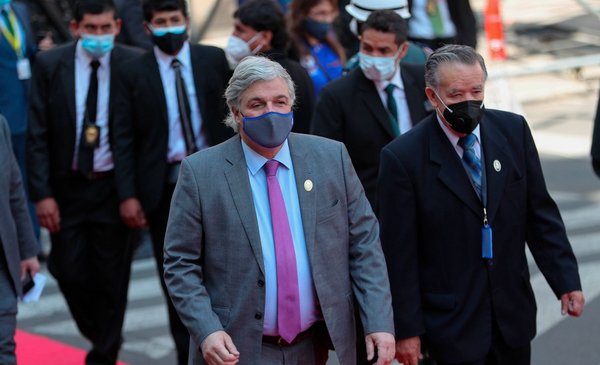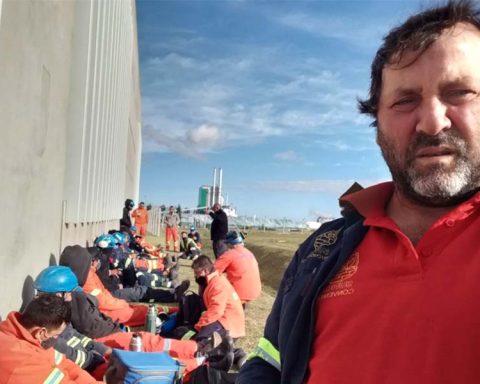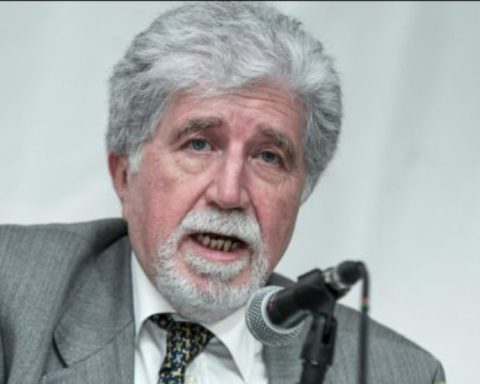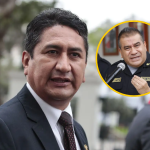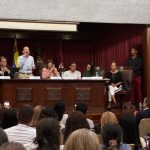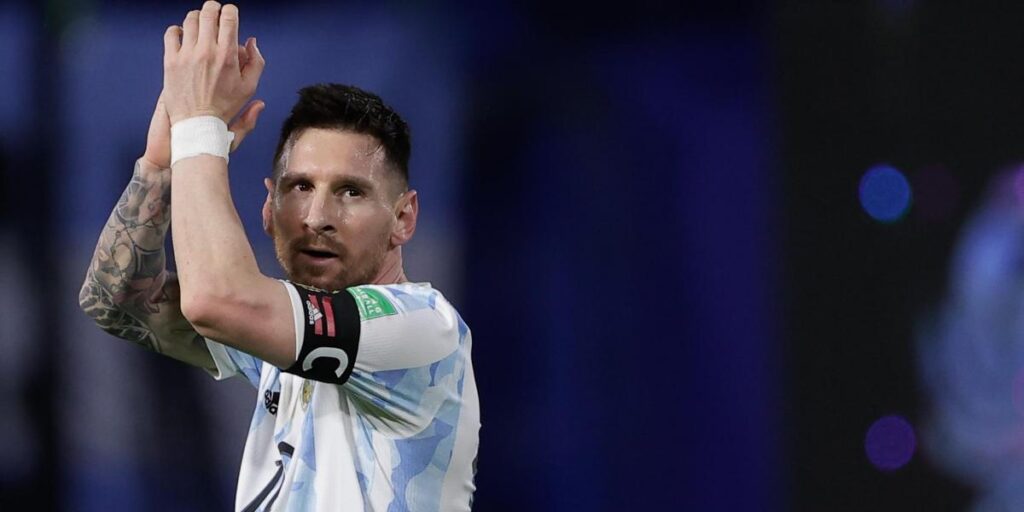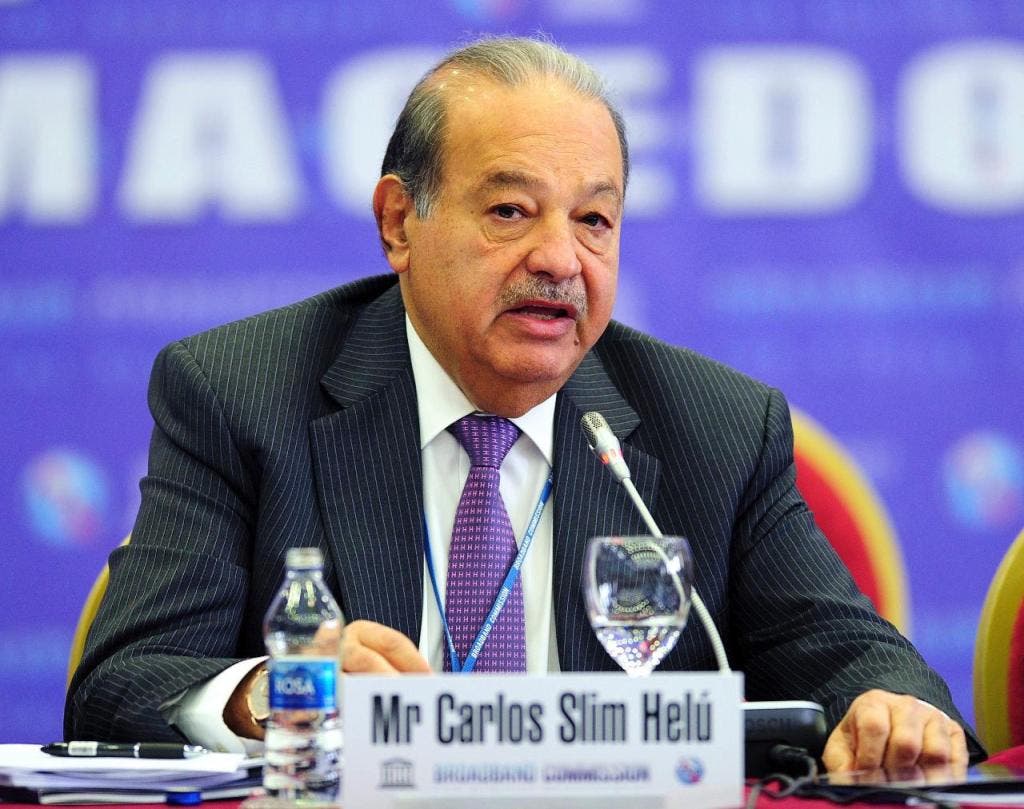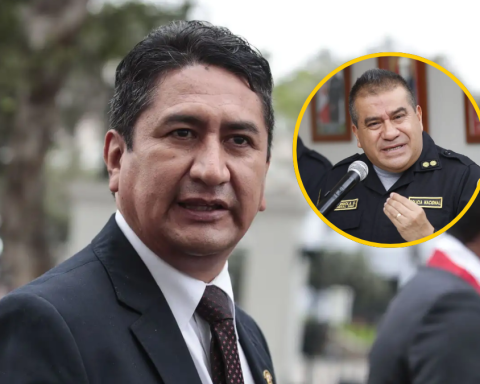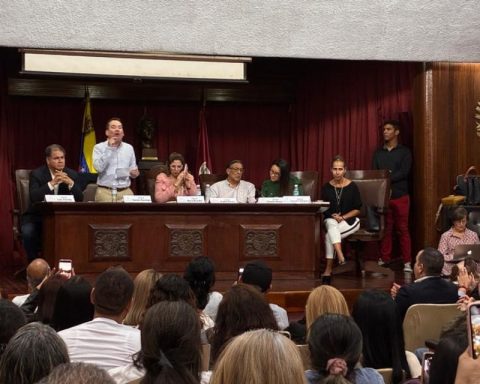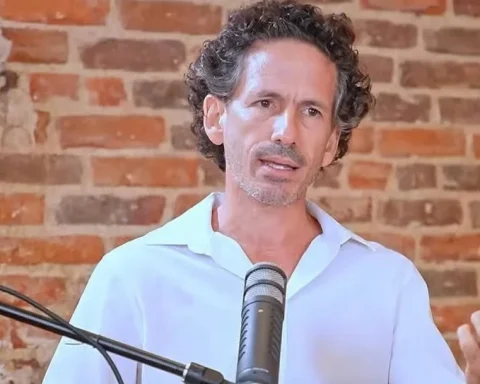The war in Ukraine changed international chess commercially and politically. Before President Vladimir Putin sent his forces to kyiv, it would not have been imaginable that the Joe Biden administration would open the doors to a negotiation with Caracas from which Nicolás Maduro can come out with a little more oxygen in his body.
The fire also triggered other extemporaneous dynamics. States have revised their lists of friends, enemies and non-aligned, as if dusting off an outdated power game rooted in the last century.
In Washington they looked again at the links he maintains with his backyardan area of influence that is always as close as it is neglected, and that for some years now Chinese dollars have penetrated and, to a lesser extent, Russian influence. This review becomes particularly relevant in light of the Summit of the Americas in Los Angeles midway through the year, which the United States needs to complete successfully.
It is in this context that Foreign Minister Francisco Bustillo, after hard diplomatic insistence, will be received by the Secretary of State, Antony Blinkenon April 12, with the unequivocal objective of deepening relations, especially commercial ones.
Since Luis Lacalle Pou took office, the fundamental focus of work with the United States has been the possibility of open a window to negotiate a Free Trade Agreement, a tool that does not appear within the preferences of the Biden administration. However, Uruguayan diplomacy did not throw in the towel and at every opportunity that is presented to him, he shows interest in advancing in this direction.
Capturing the attention of the State Department, with a war in between and at the end of a pandemic that continues to occupy the world, is not easy. And for this reason, from the Foreign Ministry they make a very positive assessment of what this meeting implies and the opportunities it offers in a relationship with the Democratic government that has gone from less to more.
Republicans and Democrats
That bilateral relations with the United States have enjoyed better health when the Republicans were in the White House is a verifiable fact, at least in the last 35 years, with some honorable exceptions. That line is the one that would seem to replicate the pendulum movement that caused the departure of Donald Trump and the entry of Biden. With the first, the president Lacalle Pou was a phone call away On Sundays the Republican played golf with his Uruguayan friend Louis Rinaldi. And just three months it took Bustillo to be received by the Secretary of State, Mike Pompeoafter taking office.
However, with the Democratic administration times have been slower. An unequivocal sign of this delay is that, after 15 months of the Biden administration, Uruguay is part of the list of 34 destinations out of 190 US positions in the world in which, in addition to having a vacancy in the position of ambassador, there is not even someone designated for that functionaccording to data on the State Department website.
In Latin America, only Bolivia, Cuba, Haiti and the Bahamas are in this situation. In the rest of the states of the hemisphere there are career officials or politicians heading the embassies or new names already designated for it, as is the case of Argentina, Brazil, Paraguay and Chile.
However, it is also true that in those 15 months there were hierarchy visits, like that of Juan González, special assistant to President Biden. Representatives from the USTR (Office of the US Trade Representative) also arrived, and finally the Undersecretary of State, Wendy Sherman, visited Montevideo.
Since the entry of the new US administration, the Uruguayan Foreign Ministry had sought a first-level meetingwhich has now been unlocked thanks to the actions, among others, of Brian Nichols, appointed Under Secretary of State for the Western Hemisphere in September 2021.
From the United States embassy in Montevideo they told The Observer that “both governments have expressed their willingness to hold a bilateral meeting since day one of both administrations”, but that coordinating the meeting during the pandemic had been a “complex process”.
democracy and trade
“We are very happy that finally the Minister of Foreign Affairs of Uruguay, Francisco Bustillo and the Secretary of State of the United States, Antony Blinken, are going to meet to talk about the excellent state of bilateral relations, past and future cooperation and the continuous work of both countries, together with other countries of the region in defense of democracy in the hemisphere and in the world”, they told The Observer from the embassy.
The “defense of democracy” is a slogan of American diplomacy at all times (the narrative has been accentuated since the 90s), but it is particularly revitalized in this time of the resurgence of old powers and the advance of new actors whose democratic credentials – according to the Western perspective and its value system – are of dubious value.
The United States carefully follows the prelude to the negotiation of a Free Trade Agreement with China, whose exploratory stage is about to culminate with positive results, according to what the Minister of Agriculture, Livestock and Fisheries, Fernando Mattos, told Bloomberg online last week.
Although for some decision makers who live in Washington there is a latent risk in this affinity with China, in the White House there is no alert to the extent that they see Uruguay as an example of how to manage the relationship with China without eroding national valuesas transmitted by a senior official of the US government house to a member of the Uruguayan Foreign Ministry.
For the Russians, Latin America continues to be a priority area, according to the Foreign Ministry headed by Sergei Lavrov in two informative meetings held in recent weeks with the Latin American ambassadors accredited to that country. In these meetings, in which the Uruguayan ambassador in Moscow, Daniel Castillos, participated, the Russian authorities stated their vision that the continent constitutes one of the emerging poles of power in the international system and they emphasized that none of the Latin American countries was included in the list of countries hostile to Russia.
At the moment, the United States does not have an FTA to offer Uruguay. But to the extent that the diplomatic imagination allows it, they will find ways to excite the government of Lacalle Pou, who, like his great-grandfather, has made it clear that he does not marry anyone.
In any case, what will remain for the record is that Bustillo will arrive in the US capital at a time when the Secretary of State has a dominant concern: how to make that war end without a shock that ends up kicking the whole board.
